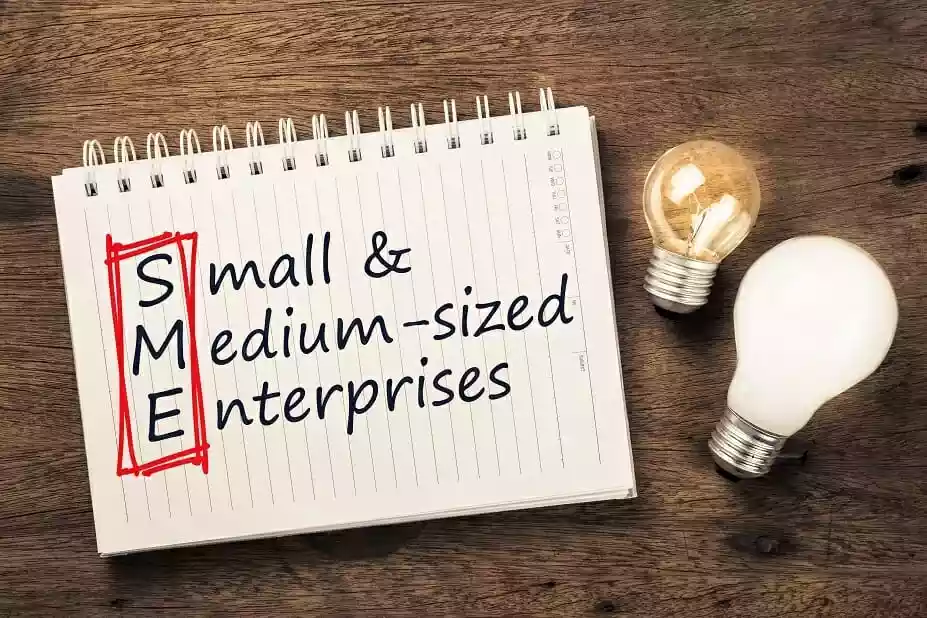
SOUTH Africa’s recommendations on the reduction of surtax and duty on 112 products is set to be discussed by Cabinet soon, Industry and Commerce minister Mike Bimha has said.
BY TATIRA ZWINOIRA

Speaking to NewsDay on the sidelines of the Confederation of Zimbabwe Retailers breakfast meeting on the controversial Statutory Instrument 64 of 2016 on Monday, Bimha said his team was working on the recommendations before the Sadc meeting scheduled for this week.
This came after South Africa flexed its economic muscle in response to Statutory Instrument (SI) 64 of 2016, which now restricts the importation of over 40 products.
The neighbouring country has requested the review of duty and surtax on 112 products.
“Our economists are working flat out. They have actually been working beyond the normal working hours to ensure that we have this report as quickly as possible. I would also want to make sure I brief Cabinet before I go to Sadc. So, it is progressing well and I am sure we will be able to share with our colleagues what is happening in Zimbabwe,” Bimha said.
Zimbabwe is currently in breach of the Sadc Protocol on Trade of 1996 under Article seven’s “Quantitative Import Restrictions”, section one, which states: “Member states shall not apply any new quantitative restrictions and shall, in accordance with Article 3, phase out the existing restrictions on the import of goods originating in Member States, except where otherwise provided for in this protocol.”
Article three states that consultations must first be made with the Committee of Trade Ministers in Sadc before looking any adjustments to import policies.
- Chamisa under fire over US$120K donation
- Mavhunga puts DeMbare into Chibuku quarterfinals
- Pension funds bet on Cabora Bassa oilfields
- Councils defy govt fire tender directive
Keep Reading
It lists conditions and processes in which a member state must take in changing those regulations.
In 2015, Zimbabwe imported goods and services worth $1,8 billion from South Africa, according to DTI statistics.
A Sadc extra-ordinary Committee of Ministers meeting is scheduled for next week on Wednesday.
It also came at a time when the construction of the Botswana-Zambia Kazungula Bridge was nearing completion at an estimated cost of $234 million.
The bridge will bypass Zimbabwe and act as an alternative trade route to Beitbridge.
Economist John Robertson said he believed South Africa was flexing its muscle as a member of Sadc, but due to it being the biggest player in the region, they should be taken very seriously.
“I know they are building the Kazungula Bridge and are nearly finished. This would mean all the traffic from South Africa would go through Botswana to Zambia and bypass Zimbabwe completely and that would be our fault and an enormous cost to the country,” he said.
Using statistics released from the taxman Zimbabwe Revenue Authority, this could potentially cost government millions of dollars in revenue.
The total of customs, excise duties and value-added tax on imports for the first half of the year was about $620 million.
Another economist, Kipson Gundani, said this could be the signalling of a trade war between the two countries.
“It signifies the improper integration of the region, where South Africa is the predominant supplier of manufacturers at the detriment of fellow member states industrialisation agenda,” he said.
Gundani said when the Kazungula Bridge is completed, Zimbabwe would lose its “traffic and centrality position in the Sadc corridors”.
Sources say the frantic efforts by government indicate it is aware of the potential implications if South Africa’s recommendations are not met.











